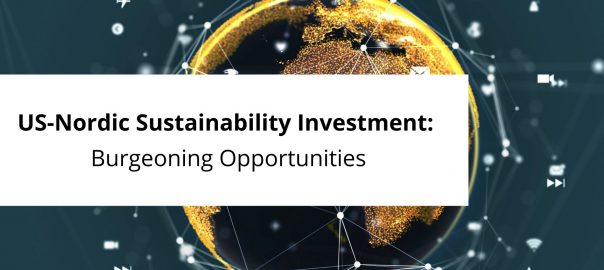The Senate on Tuesday passed a roughly $1 trillion bipartisan infrastructure deal, a significant win for President Biden and the first step on his top legislative priority.
Senators voted 69-30 on the bill, which was spearheaded by a bipartisan group of senators led by Sens. Kyrsten Sinema (D-Ariz.) and Rob Portman (R-Ohio). Nineteen GOP senators voted with all Democrats to pass the legislation.
The bill is now heading to the House, where it faces an uncertain future and skepticism from progressives. Speaker Nancy Pelosi (D-Calif.) has vowed she won’t take it up until the Senate passes the second part of its infrastructure two step, a sweeping $3.5 trillion spending package that includes Democrats’ top priorities.





